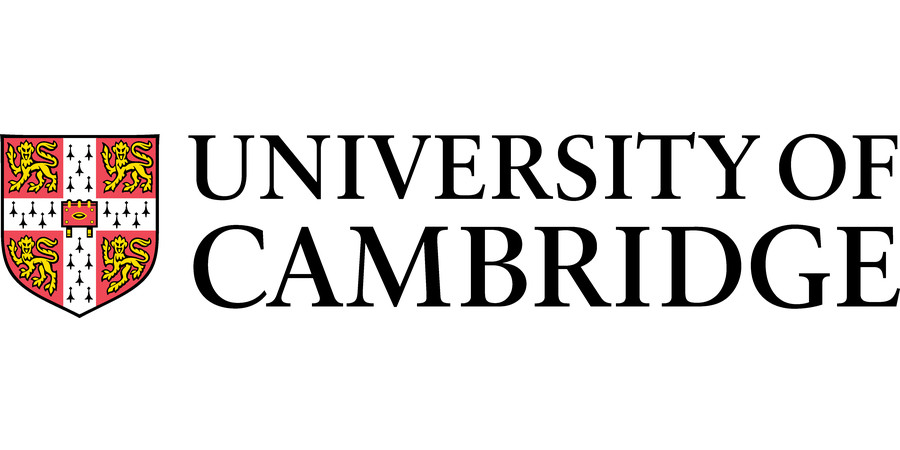PhD Studentship: Investigating the Low-to-High Grade Glioma Transition Using Spatial Multi-Omics
University of Cambridge - Cancer Research UK Cambridge Institute
| Qualification Type: | PhD |
|---|---|
| Location: | Cambridge |
| Funding for: | UK Students, EU Students, International Students |
| Funding amount: | £21,000 per annum for four year |
| Hours: | Full Time |
| Placed On: | 26th September 2024 |
|---|---|
| Closes: | 4th November 2024 |
| Reference: | SW43395 |
Overview
Prof Greg Hannon, Dr Richard Mair and Dr Dario Bressan wish to recruit a student to work on the project entitled: "Investigating the low-to-high grade glioma transition using spatial multi-omics".
For further information about the research group, including their most recent publications, please visit our website at https://www.cruk.cam.ac.uk/research-groups/imaxt-laboratory/
This is a unique opportunity for PhD study in the world-leading Cancer Research UK Cambridge Institute (CRUK CI), to start a research career in an environment committed to training outstanding cancer research scientists of the future.
If you are interested in finding out more about our groundbreaking scientific research, please visit our website at https://www.cruk.cam.ac.uk/
Project details
This project will be hosted in the Spatial Profiling and Annotation Centre of Excellence (SPACE), an interdisciplinary laboratory dedicated to developing and applying spatial molecular profiling technologies established by the group of Prof. Hannon after a successful Cancer Grand Challenge project. The laboratory routinely uses a variety of spatial omics technologies including spatial transcriptomics, multiplexed immunohistochemistry, single-cell genomics, 3D whole-organ microscopy and more, and actively develops new technologies for spatial epigenomics and multi-omics. The Mair laboratory is focussed on understanding low to high grade transformation in glioma, specifically concentrating on how metabolic changes (via mass spectrometry imaging) can affect cancer cell and microenvironmental phenotypes at the level of the proteome and the modified proteome e.g. phosphoproteome. The extensive ICARUS brain cancer biobank posseses uniquely annotated multi region primary human tumour samples that will provide the basis for this study.
The student selected for this project will use some of these technologies (Serial Two-Photon Microscopy or STPT, Imaging Mass Cytometry, spatial transcriptomics, Mass Spectrometry Imaging) on Low and High-grade glioma samples in order to assess the molecular determinants of the low-to-high grade transition and to identify potential prognostic and diagnostic markers, as well as therapy targets, for this disease.
Funding
This four-year studentship is funded by Cancer Research UK Cambridge Institute and includes full funding for University fees and, in addition, a stipend currently of £21,000 per annum for four years.
Eligibility
We welcome applications from both UK and overseas students.
Applications are invited from recent graduates or final-year undergraduates who hold or expect to gain a First/Upper Second Class degree (or equivalent) in a relevant subject from any recognised university worldwide.
Applicants with relevant research experience, gained through Master's study or while working in a laboratory, are strongly encouraged to apply.
How to apply
For more details, please click the 'Apply' button
Advert information
Type / Role:
Subject Area(s):
Location(s):









